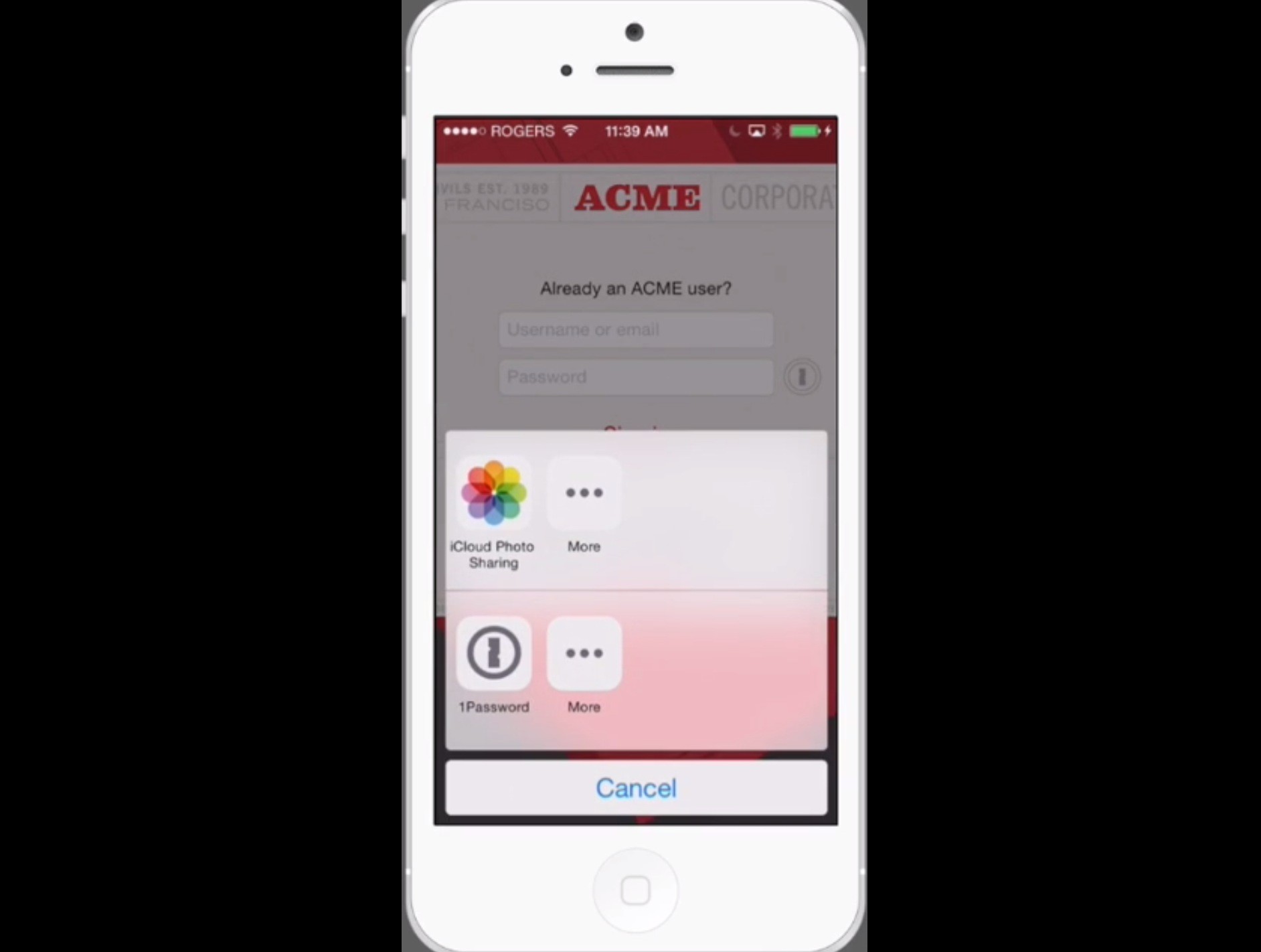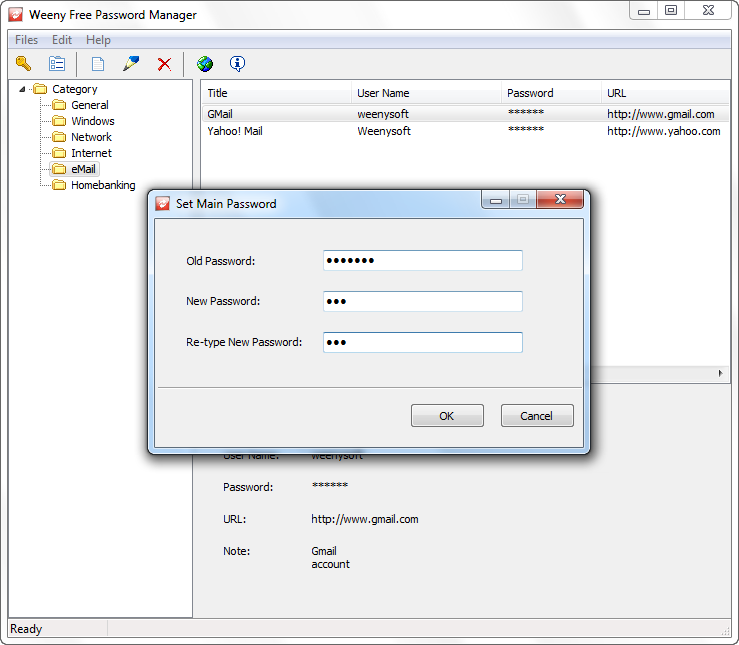

The Computing Policy prohibits sharing your password with 3rd parties.

Users encounter security threats whether using cloud or local password storage, and there is no one-size-fits-all option. If a password manager is doing it's job right, it is storing all your passwords in an encrypted format, and storing your master password only as a "hash" that's the result of an irreversible mathematical process.

The risk, though small, is that one of the cloud-based services could be breached and your passwords released out into the wild. The downside of cloud storage is that the user cannot ensure the security of the data. Cloud storage also makes passwords recoverable if the user loses the device. These services keep encrypted copies of your vault on their own servers, ensure that all your devices are always synced and encrypt the transmissions between your devices and their servers. Since encrypted passwords are stored on cloud servers, users can access them from any number of devices and sync passwords between devices relatively easily without any required additional steps. Storage improves accessibility and user convenience. If the device is lost and/or stolen the passwords are all compromised. Password manager licenses can only be used on one device, meaning multiple licenses need to be purchased for every single device needed to sync passwords. Since the password is stored on the user's device, the user has total control over its security. Storage hampers the user experience but forces hackers to resort to difficult malware-based approaches like using keyloggers and other advanced tools. The biggest decision to make is whether you want your passwords to be stored locally on your own computers and mobile devices, or in the cloud on someone else's servers. The master password unlocks your encrypted vault which grants you access to each of your passwords. Passwords managers help you generate unique and strong passwords, store them in one safe (encrypted) place, and use them while only needing to remember one master password. So, how do you manage the hundreds or even thousands of passwords you need to remember in your daily life? As it's explained in their blog post, just having the user's URL, name, and password will not grant you access if you were to somehow hack into 1Password's server to steal their users's private values.Remembering a lot of passwords is difficult, but security experts (including ISO) recommend that you DO NOT reuse passwords. If the “thing you know” gets out somehow, which is what this article is saying, then having your passwords in the cloud becomes a serious security issue for people owning those lists.ĭoes the Secret Key that 1Password utilizes for online accounts count as "a thing you know" to you? It's certainly "a thing I have" but I absolutely don't know it. Password managers don’t store the master password anywhere. That’s the mistake some people probably made. This is most surely someone using leaked account credentials that were reused on LastPass accounts. It’s almost like every service on the Internet has to expose encrypted data in databases wrapped in security to actually have anything on the Internet. Yeah, storing encrypted data on the Internet is crazy stuff. Hehe.people put their passwords lists in the cloud. We will continue to regularly monitor for unusual or malicious activity and will, as necessary, continue to take steps designed to ensure that LastPass, its users and their data remain protected and secure." It is also important to reiterate that LastPass' zero-knowledge security model means that at no time does LastPass store, have knowledge of, or have access to a users' Master Password(s). These alerts were triggered due to LastPass's ongoing efforts to defend its customers from bad actors and credential stuffing attempts. As a result, we have adjusted our security alert systems and this issue has since been resolved. Our investigation has since found that some of these security alerts, which were sent to a limited subset of LastPass users, were likely triggered in error.

However, out of an abundance of caution, we continued to investigate in an effort to determine what was causing the automated security alert e-mails to be triggered from our systems. "We quickly worked to investigate this activity and at this time we have no indication that any LastPass accounts were compromised by an unauthorized third-party as a result of this credential stuffing, nor have we found any indication that user's LastPass credentials were harvested by malware, rogue browser extensions or phishing campaigns.


 0 kommentar(er)
0 kommentar(er)
